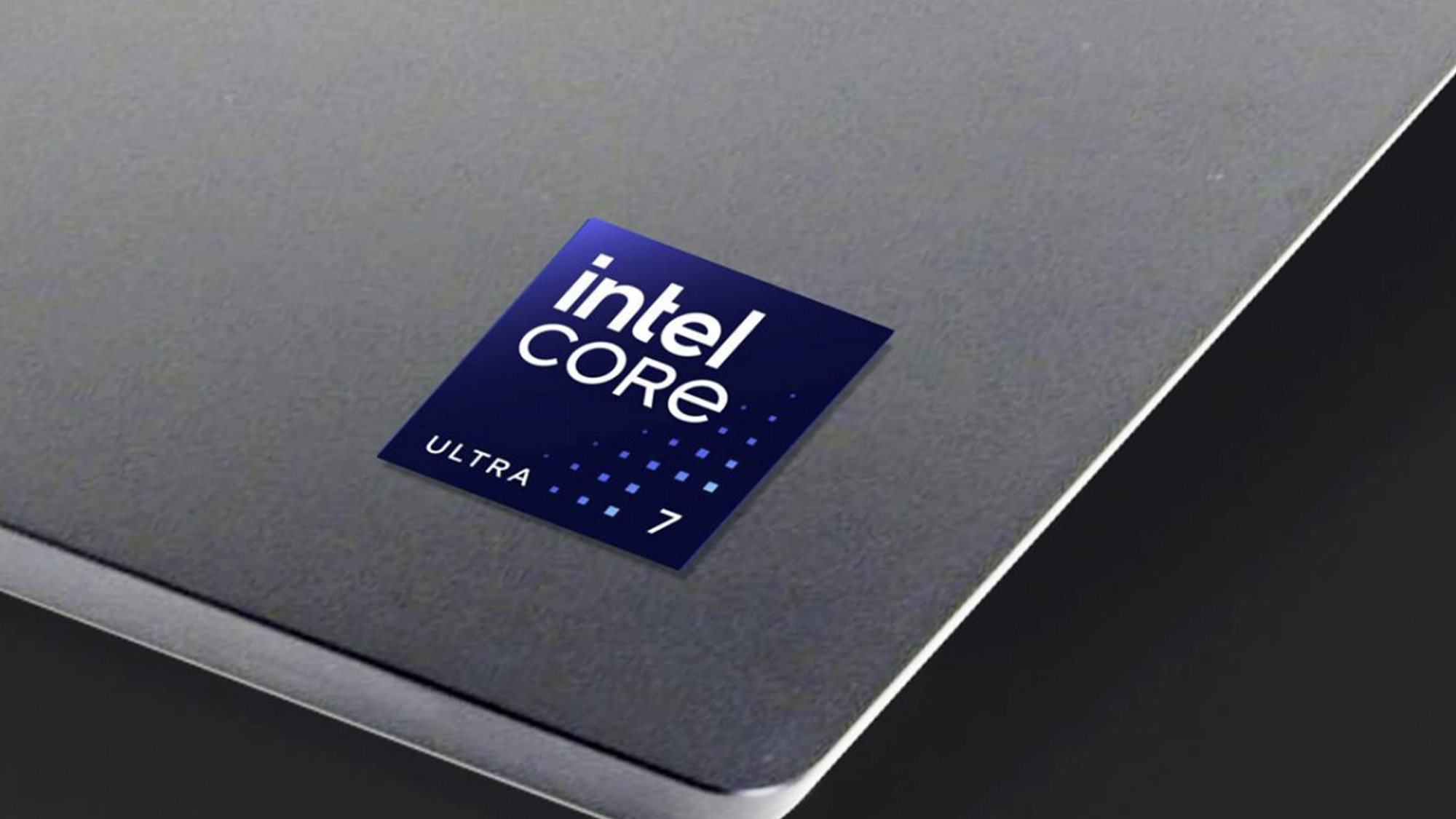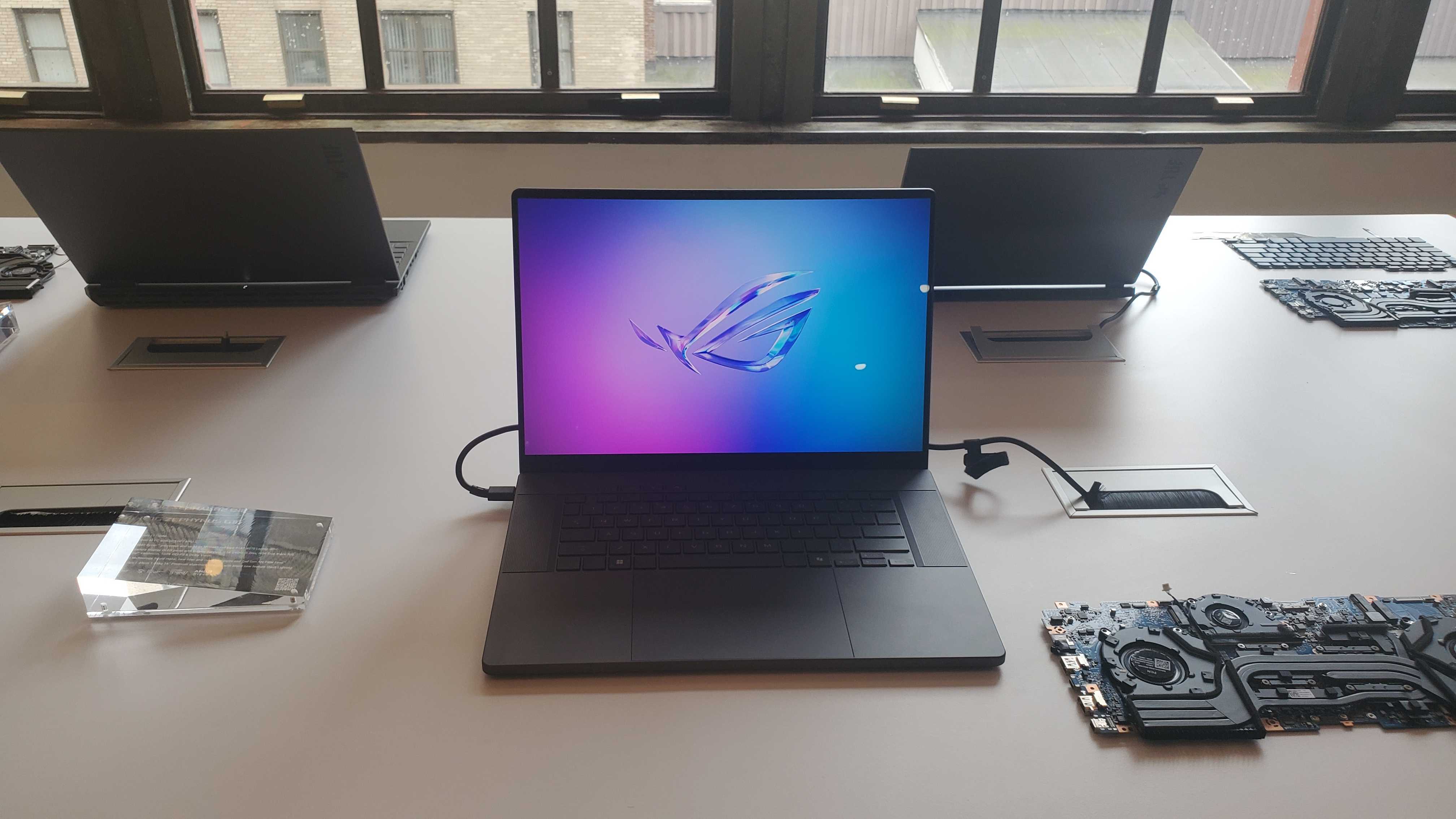Intel Panther Lake laptop chips could get top-end CPUs to rival AMD Strix Halo – and they could change budget gaming laptops forever
Halo chips from both Intel and AMD could change budget gaming laptops forever

Intel could have top-end laptop processor ‘Halo’ variants inbound for next year, packing highly performant integrated graphics to rival AMD’s Strix Point Halo – super-beefy APUs also due in 2025 – and both of these ranges could be used to drive the best budget gaming laptops just as effectively as a lower-end discrete GPU.
VideoCardz reports (via Wccftech) that rumors have come through on Weibo (grab some handfuls of salt) from Lenovo China’s product manager, claiming that Intel is indeed working on such high-end laptop chips.
We’ve also recently been treated to leaks around possible Arrow Lake Halo CPUs on mobile, but these new details suggest we won’t get such silicon quite as soon as Intel’s next-gen range.
We’re told that Intel’s Halo product is definitely coming, but that it will debut with Panther Lake, the following generation after Arrow Lake. This is a mobile-only series of CPUs expected to arrive later in 2025 (it’ll follow up Lunar Lake, in fact – which will debut alongside Arrow Lake).
The theory is that Arrow Lake Halo was originally planned – indeed rumors around this idea go back a couple of years – but Intel has now canceled it, and delayed the implementation of a Strix Point Halo rival to Panther Lake. The idea is still on the boil, then, just not for early 2025, but late next year – if this chatter is on the money, that is.

Analysis: Celestial graphics for Halo chips?
Purely from the point of view of Intel having a lot on its plate right now – with getting Arrow Lake desktop out (and mobile), and Lunar Lake on laptops to boot, while also dealing with firefighting those current-gen and last-gen instability woes – it makes some sense for Team Blue to push back any attempt at a Strix Point Halo rival. Arc GPUs seemingly falling somewhat behind schedule – second-gen Battlemage is still yet to emerge, but may not be too far off now – may also come into play in this respect.
After all, Strix Point Halo isn’t expected to arrive until next year, though admittedly early on most likely – and Panther Lake is also due in 2025, so it’s not like transferring a Halo series to Intel’s Arrow/Lunar Lake successor is putting Team Blue massively behind its rival. Plus, Panther Lake will offer the opportunity to use more powerful third-gen Arc Celestial graphics, too.
Get daily insight, inspiration and deals in your inbox
Sign up for breaking news, reviews, opinion, top tech deals, and more.
If this is how it pans out, 2025 could be a massive year for budget gaming laptops with the arrival of AMD Strix Halo and Intel Panther Lake Halo. We’ve already heard how powerful Strix Halo will be, and the rumor is that Panther Lake Halo will carry a similar graphics tile to that found with the (seemingly canned) Arrow Lake Halo – a monster integrated GPU packing 320 Execution Units or 20 Xe Cores.
To give you some perspective on that, Intel’s Arc A580, its mid-range first-gen Alchemist discrete graphics card, packs 24 Xe Cores. So, the Panther Lake integrated solution will theoretically come close to that core count, plus it’ll be two full generations ahead (it’ll be third-gen graphics, as mentioned).
Gaming laptops will be able to use these AMD and Intel Halo chips to avoid having a discrete GPU, therefore becoming relatively more affordable at the more modest end of the notebook spectrum. Okay, so the Halo CPUs themselves won’t be cheap, but they’ll certainly be cheaper than having to fork out to put a processor and separate lower-end GPU in a budget laptop.
Indeed, the power of the integrated GPUs in both AMD and Intel’s Halo products (if the latter comes to fruition) could make lower-end laptop graphics cards pretty much obsolete. This is the way things are headed in the future, it seems, and we might arrive at that point in the notebook world sooner than you think.
You might also like
Darren is a freelancer writing news and features for TechRadar (and occasionally T3) across a broad range of computing topics including CPUs, GPUs, various other hardware, VPNs, antivirus and more. He has written about tech for the best part of three decades, and writes books in his spare time (his debut novel - 'I Know What You Did Last Supper' - was published by Hachette UK in 2013).